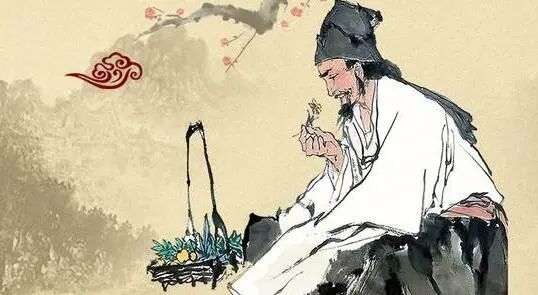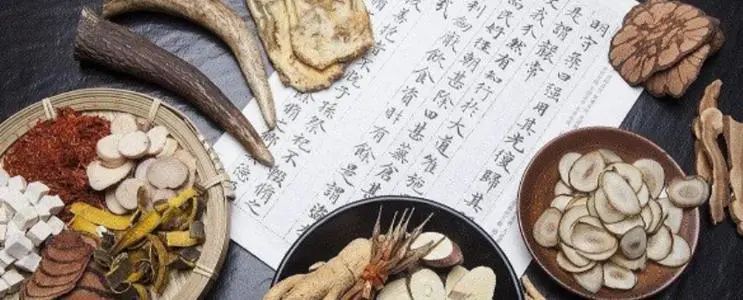In our daily lives, we often overlook the inner voice of our body, while Traditional Chinese Medicine (TCM) believes that the five organs (wǔ zàng) and six bowels (liù fǔ) act like our confidants, communicating our physical condition in various ways. By learning to listen, we can better understand our bodily state and take appropriate nurturing measures.


The five organs include the heart (xīn), liver (gān), spleen (pí), lungs (fèi), and kidneys (shèn), each responsible for different physiological functions. When these organs encounter issues, they send out distress signals through various symptoms.
Heart: The heart is the chief of the five organs, responsible for the circulation of blood and mental activities. When the heart has problems, symptoms such as palpitations, chest tightness, insomnia, and vivid dreams may occur. At this time, we should focus on adjusting our mindset, maintaining a cheerful disposition, and engaging in appropriate aerobic exercise to enhance heart function.
Liver: The liver governs the smooth flow of qi and is involved in regulating emotions, storing blood, and detoxification. Liver issues may lead to emotional fluctuations, breast hyperplasia, and menstrual irregularities. To protect the liver, we should maintain good daily habits, avoid staying up late, keep a positive mood, and engage in dietary therapy that nourishes the liver.
Spleen: The spleen is responsible for the transformation and transportation of food. When the spleen and stomach are weak, symptoms such as poor appetite, abdominal bloating, and diarrhea may arise. In such cases, we should adjust our diet to include easily digestible foods, avoid raw, greasy, and spicy foods, and strengthen our exercise routine to enhance spleen and stomach function.
Lungs: The lungs govern qi and are responsible for respiration. When lung function is impaired, symptoms like cough, shortness of breath, and chest tightness may occur. To protect the lungs, we should stay away from sources of pollution, quit smoking and limit alcohol, participate in outdoor activities, breathe fresh air, and engage in breathing exercises.
Kidneys: The kidneys govern water and are responsible for growth, reproduction, and excretion. Kidney issues may lead to symptoms such as weakness in the lower back and knees, tinnitus, and blurred vision. To protect the kidneys, we should pay attention to rest, avoid overexertion, maintain a joyful mood, and engage in dietary therapy that nourishes the kidneys.

In addition to the five organs, TCM categorizes the six bowels into the gallbladder (dǎn), stomach (wèi), small intestine (xiǎo cháng), large intestine (dà cháng), bladder (páng guāng), and san jiao (triple burner). They work in conjunction with the five organs to maintain physiological functions. When issues arise in the six bowels, symptoms such as gallstones, stomach pain, and constipation may signal the need for lifestyle adjustments, regular eating habits, avoidance of overeating, and appropriate abdominal massage to promote the health of the six bowels.

In conclusion, the five organs and six bowels of TCM can communicate with us; by learning to listen, we can better understand our bodily conditions. Through lifestyle adjustments, maintaining a positive mindset, proper diet, and appropriate exercise, we can harmonize the five organs and six bowels, thus achieving disease prevention and longevity. Let us start now, listening to the inner voice of our body and becoming true confidants with our five organs and six bowels!

Contributed by: Zhang Liang, TCM Internal Medicine
Edited by: Ye Zi
Reviewed by: Cao Guangwei

